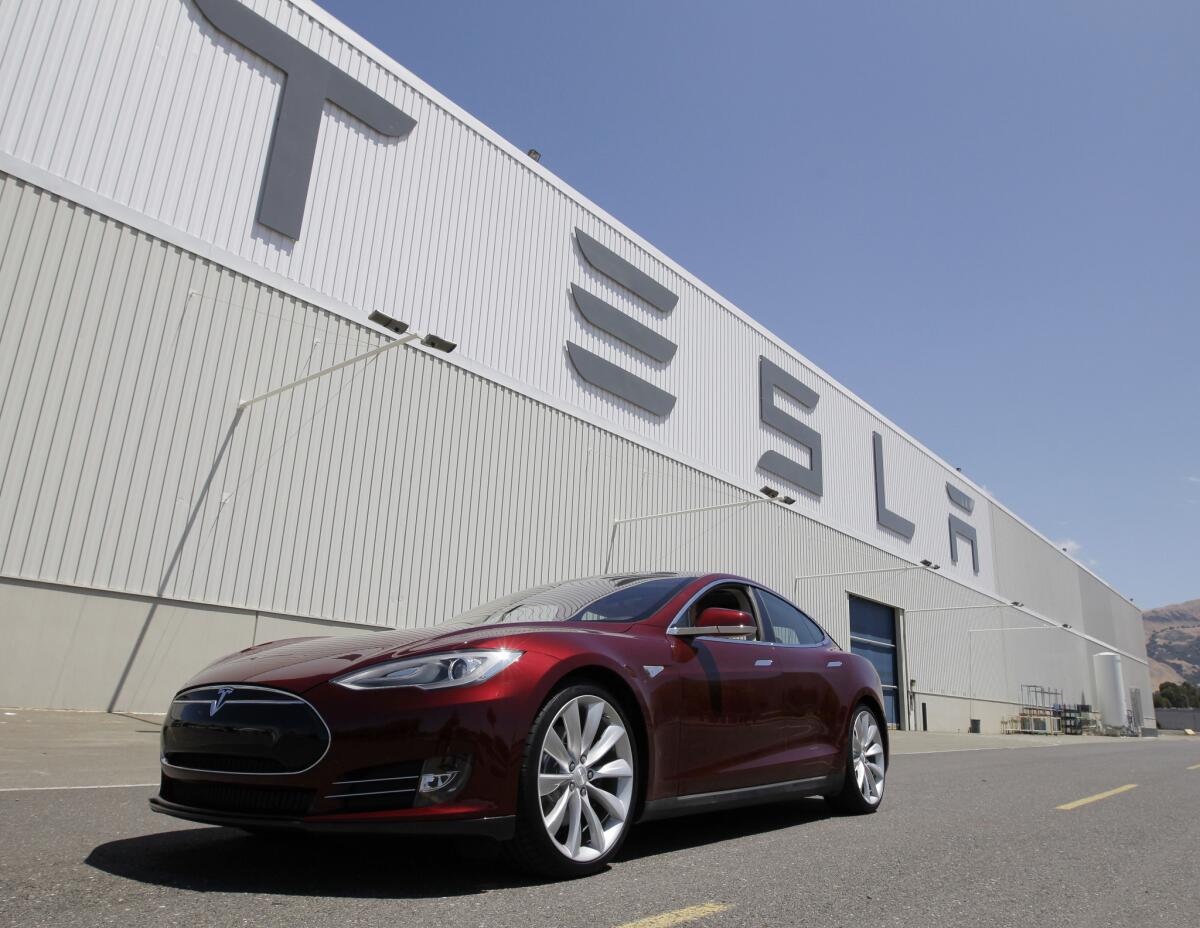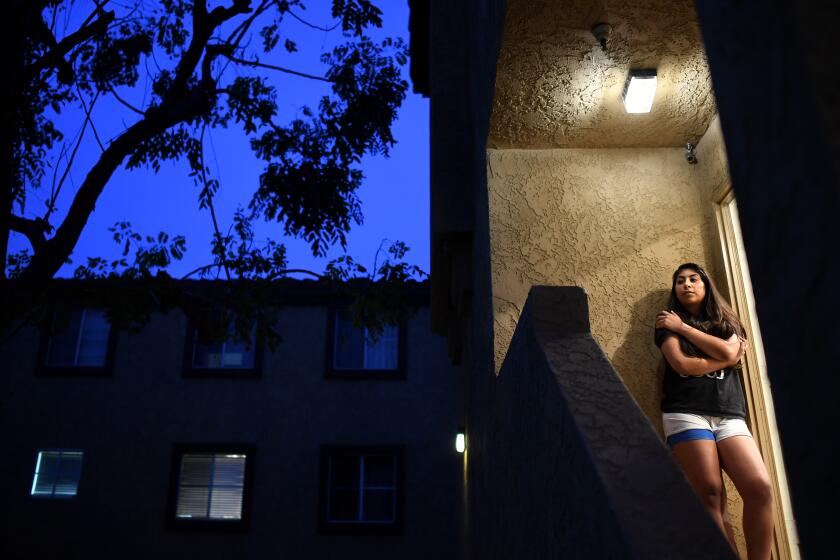Unsure if California coronavirus rules hit your business? Good luck finding out

- Share via
Loren Pochirowski, who runs a small manufacturer of radio equipment and power supplies in Irvine, Calif., watched Gov. Gavin Newsom’s statewide stay-at-home order on television with intense interest Thursday. He was left scratching his head.
He’d hoped for clarity on the most important question in his life right now: Should he close his business, or keep it open?
“I felt I didn’t really get any answers,” said Pochirowski, president of Astron Corp.
He went online and read the text of the California governor’s order. It didn’t help. “It’s vague on who it applies to and who it doesn’t,” he said.
The governor’s order referred to a federal Homeland Security website that lists “critical infrastructure” operations that are allowed to continue operations during the pandemic. But after visiting the site, Pochirowski still couldn’t determine whether the radios Astron sells to police, fire departments and ambulance companies qualify as critical. And if those were allowed, what about radios sold to non-emergency customers?
“It’s a gray area,” he said.
Coronavirus unemployment hits a broad swath of industries across California.
He tried to contact the California Governor’s Office of Emergency Services, designated by Newsom to ensure compliance with his order. He never heard back.
Pochirowski wants to be a good citizen, he said, “but I don’t want to go out of business because we’re shut down for a month.” He’d also like clarity on his legal exposure, should he remain open.
“We have a liability issue, if an [infected] employee comes in and others get sick,” he said. For now, he’s staying open, making sure the 11 employees remain at least six feet apart.
By stating that industries included on the critical infrastructure list are exempt from his order, Newsom considerably widened the list of allowable businesses put out earlier by counties around the state, and raised more questions for some business leaders than he answered.
Should an indoor shopping mall be closed? Clearly yes. Does an electronics manufacturer need to cease production? Not clear.
The governor’s office didn’t immediately clarify whether the counties’ orders or his own edict takes precedence on the business question. For instance, a spokesman for Alameda County, where Tesla Inc.’s Fremont plant is located — and where local officials and Tesla CEO Elon Musk sparred for days before the plant was temporarily closed Thursday — said the county’s tougher language supersedes the state order.
Homeland Security’s critical infrastructure list is a lawyer’s playground: voluminous, difficult to navigate, specific in some places, vague in others.
For instance, the website says that “Vehicle and Commercial Ships Manufacturing” is considered critical. But another section that specifically identifies transportation exemptions says “vehicles include trucks, including those carrying hazardous materials; other commercial vehicles, including commercial motorcoaches and school buses; vehicle and driver licensing systems; traffic management systems; and cyber systems used for operational management.”
In an email to employees Friday morning, Tesla referred to Newsom’s executive order as “identifying auto manufacturing as a critical infrastructure sector,” which it did not appear to do.
Tesla will temporarily end production at its Fremont assembly plant beginning March 23 to comply with Bay Area restrictions due to coronavirus.
Tesla said it will continue operations at its Fremont plant, which employs about 10,000 workers, through Monday, after which it will temporarily cease production. Alameda County had designated the plant as “not an essential business” and ordered the company to restrict it to “minimal basic operations.”
Veena Dubal, law professor at UC Hastings in San Francisco, said it’s unclear whether the state or the counties are in charge. “Everything does seem helter-skelter. What Alameda County says may be different from what San Mateo County says is different from what San Francisco County says.”
So where does a businessperson go for answers?
“We are looking into it,” said California Chamber of Commerce spokesperson Denise Davis. “We are in communications with the governor’s office right now.” When does the chamber expect to be able to offer advice to its members? “I don’t know.”
The California Governor’s Office of Business and Economic Development was asked where company owners could turn for help interpreting the governor’s order and the list of critical infrastructure.
A spokesperson said she would send informational links. She sent two: one to the governor’s order and one to the list of critical infrastructure.
More to Read
Inside the business of entertainment
The Wide Shot brings you news, analysis and insights on everything from streaming wars to production — and what it all means for the future.
You may occasionally receive promotional content from the Los Angeles Times.













